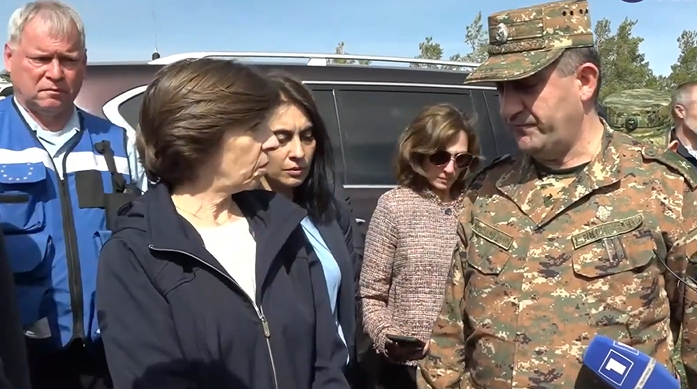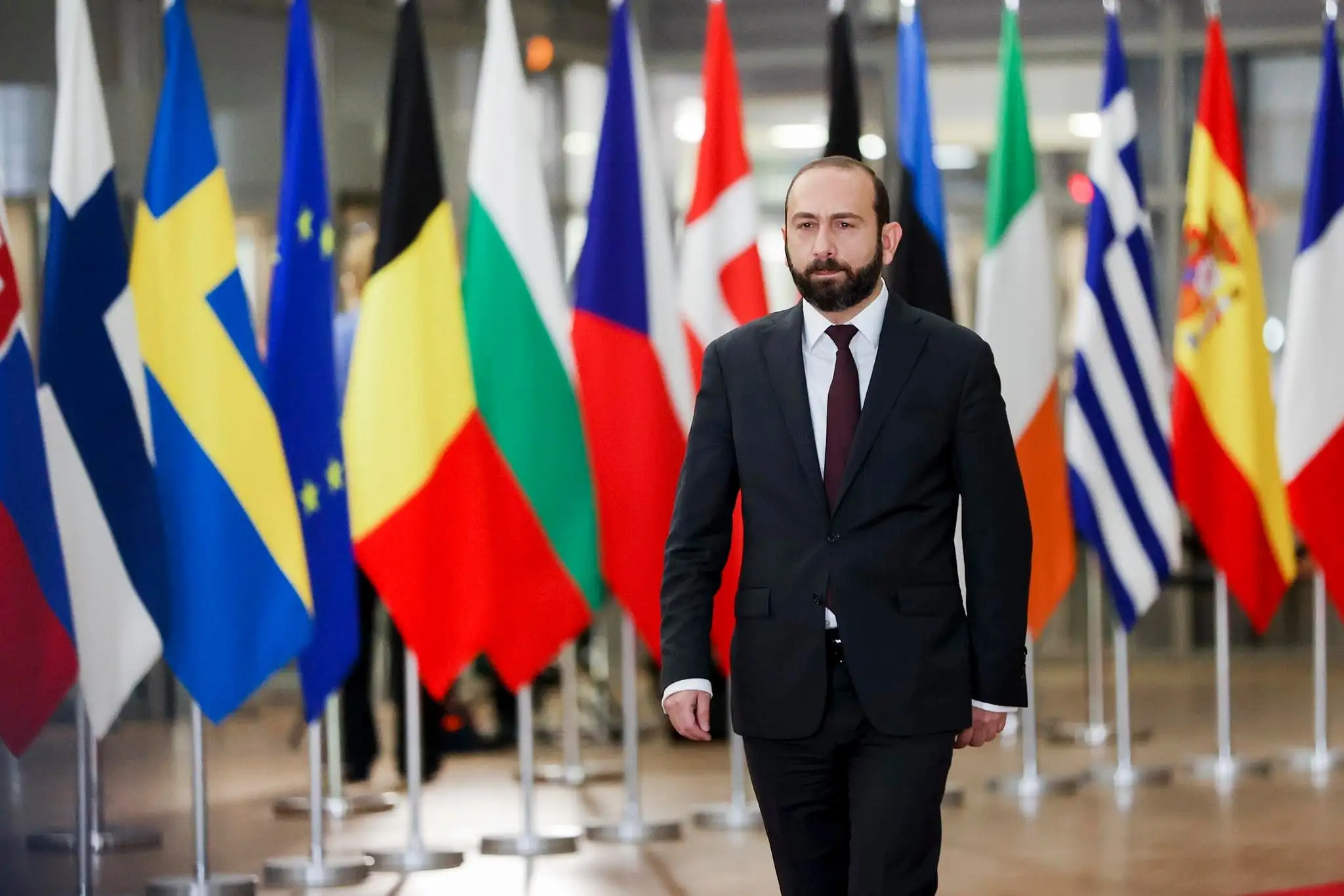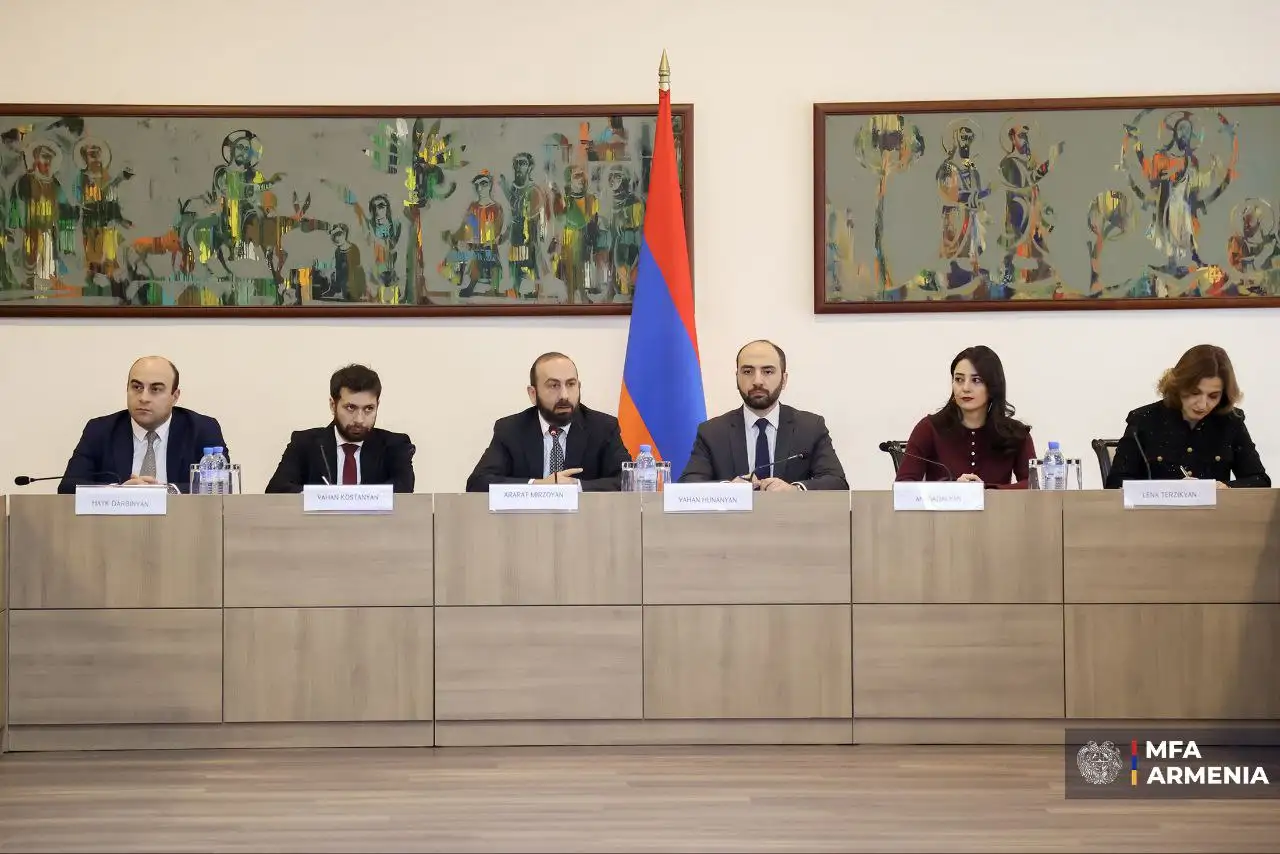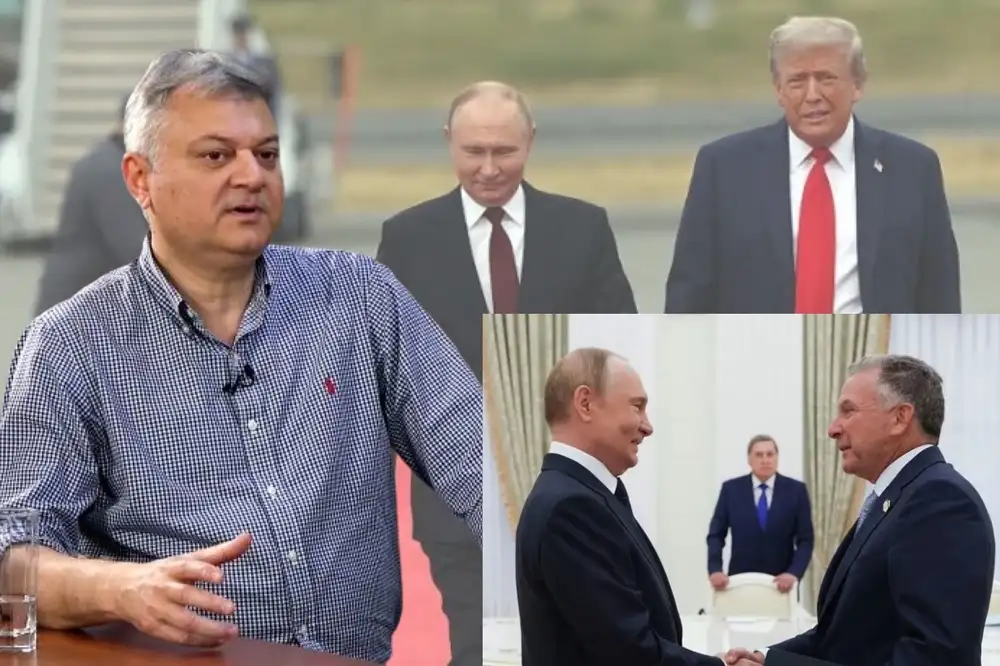Minister of Foreign Affairs of France, Catherine Colonna, considers it unacceptable that Azerbaijan obstructs movement through the Lachin Corridor, noting that it is fraught with severe economic and humanitarian crisis risks for the population of Nagorno-Karabakh. In an exclusive interview with "Armenpress," the Minister of Foreign Affairs of France emphasized that Azerbaijan's similar behavior hinders peace negotiations with Armenia. He also considered the installation of a checkpoint by Azerbaijan in the Lachin Corridor as a concern.
The French Foreign Minister also stressed that France would support any solution to ensure that the Armenian population of Nagorno-Karabakh can continue living there safely, preserving its history, heritage, and culture.
Catherine Colonna also referred to Armenian-French relations and sent her message regarding the anniversary of the Armenian Genocide.
- Madam Minister, Azerbaijan has been under the blockade of Nagorno Karabakh for four months, resulting in the people of Nagorno Karabakh being on the verge of a humanitarian disaster. The international community, including France, considered blocking the Lachin Corridor unacceptable and called on Azerbaijan to ensure the free movement of people and vehicles through the Lachin Corridor. Recently, the International Court of Justice forced Azerbaijan to open the corridor and ensure free movement immediately. Still, Azerbaijan keeps the gallery closed, ignoring all the international community calls and the decision of the International Court of Justice. Is it time for the international community to move from words to action and take clear steps so that Azerbaijan stops the blockade of Nagorno Karabakh? What steps is France ready to take in this direction? Are you considering imposing sanctions on Azerbaijan? Because Azerbaijan does not stop its aggressive actions against Armenia, what practical steps are the EU and France ready to implement the proposed solution of deploying troops along the 1991 border between Armenia and Azerbaijan at a safe distance?
- Since December 12, the obstruction of movement through the Lachin Corridor has been unacceptable. I have repeatedly been able to express France's position in this regard.
This situation is unacceptable because the population of Nagorno-Karabakh is fraught with grave dangers of economic and humanitarian crises. However, it also hinders peace negotiations between Armenia and Azerbaijan, to which Prime Minister Pashinyan is firmly committed. It is a severe threat to the region's stability, which is already deeply affected by the current geopolitical context.
We must jointly assess the consequences of Russia's aggression against Ukraine. What we are experiencing today is the return of war to our continent. But, more fundamentally, it is also a conscious attempt to challenge the fundamental principles of a law-based international order by replacing it with the law of force. This crucial moment should make everyone appreciate their responsibility and realize that peace is our most precious value.
A few weeks ago, the International Court of Justice issued a summary judgment requiring Baku to take all measures within its jurisdiction to ensure unhindered movement through the corridor. The decision is binding for everyone and must be respected. Azerbaijan's decision to install a checkpoint at the entrance to the new road to the Lachine Corridor is immensely worrying, as the European Union and the United States have also noted.
France desires that all disputes be resolved exclusively through negotiations. This is the basis of France's commitment to the European Union. And it is to make this call for responsibility, resumption of the talks, and respect for the law heard that I am visiting Azerbaijan and Armenia this week.
- The President of Azerbaijan insists that the Nagorno-Karabakh problem is their internal issue. They are not going to discuss it with anyone. At the same time, in the context of the settlement of relations with Azerbaijan, the Armenian side also puts forward the creation of an international dialogue mechanism between Baku and Nagorno Karabakh, the security of the people of Nagorno Karabakh and the issue of international guarantees of rights. What is France's position as a co-chairing country of the OSCE Minsk Group?
- With the support of the international community, we want to start negotiations between the representatives of Nagorno Karabakh and the Azerbaijani authorities on the content of the population's rights and guarantees. This implies that favorable conditions should be created for such negotiations, particularly regarding the restoration of free movement through the Lachin Corridor.
France will support any solution to ensure that the Armenian population of Nagorno-Karabakh can continue living there safely, preserving its history, heritage, and culture. It is his inviolable right.
- I would like to address the current level of Armenian-French relations. How do you assess the cooperation between Armenia and France in different fields, and in which areas do you see the potential to deepen the collaboration?
- The relations between our two countries are exceptional and have been formed during the shared history, having happy but harrowing moments. Today, these relations are developing between the two governments and civil societies.
France strongly supports the efforts of Mr. Pashinyan's government to strengthen democracy and the rule of law in Armenia and to develop the country's economy. Armenia's courageous choice of a democratic model should receive support, to which we are committed with other members of the international community and the European Union.
In December 2021, we also signed an ambitious road map for economic cooperation. We recently organized the "Aspirations: France-Armenia" forum in Paris and opened an office of the French Development Agency in Yerevan. ZFG effectively engages with the Armenian authorities to implement new projects, particularly in water and sustainable energy. Last year, our bilateral trade volumes increased significantly.
Our bilateral trade increased significantly last year. We are working to ensure this trend continues by supporting French companies that want to invest in Armenia, such as Veolia, Pernod Ricard, Carrefour, and Amundi-Acba.
As for defense, establishing a defense mission at the French Embassy in Armenia should provide an opportunity to deepen our bilateral cooperation in this vital area.
Finally, in the field of cultural and educational cooperation, we would like to build on the tremendous success of FFFA, the French University of Armenia, and we are also opening a French Institute in Armenia, which will allow us to create a rich cultural program while offering French language courses for all levels. The development of our remarkable cooperation in Francophonie, science, culture, sports, and heritage is also worth mentioning, which testify to the exceptional dynamics of relations between France and Armenia, to which I am deeply committed.
- Madam Minister, I would like to address an essential issue for the Armenian people, why not, and for all of humanity. In a few days, the 108th anniversary of the Armenian Genocide will pass. As the foreign minister of a country that recognized and condemned the Genocide, what is your message to the world, especially Turkey, so that such crimes against humanity are not repeated in the future?
On April 24 every year, we commemorated the victims of the Armenian Genocide of 1915, which France officially recognized by law on January 29, 2001. This tribute has received greater solemnity since it was included in the list of commemorative events of the Republic by the President of France in 2019.
The commemoration has a particular resonance because many French people are descendants of genocide survivors who France hosted. However, the observance of the genocide is also a message to humanity so that these terrible events do not repeat themselves in such a troubled time that conflicts are increasing and many minorities are at risk.
As for Turkey, it should be noted that the Armenian Genocide is being commemorated there as well, at the initiative of brave civil society organizations. Turkish scientists and historians are working on that topic. We must continue to support efforts worldwide, both by institutional actors and civil society representatives, to combat Genocide denial and reflect on the terrible lessons of history. Only we can preserve the ability of people to live together, which is at risk.




















